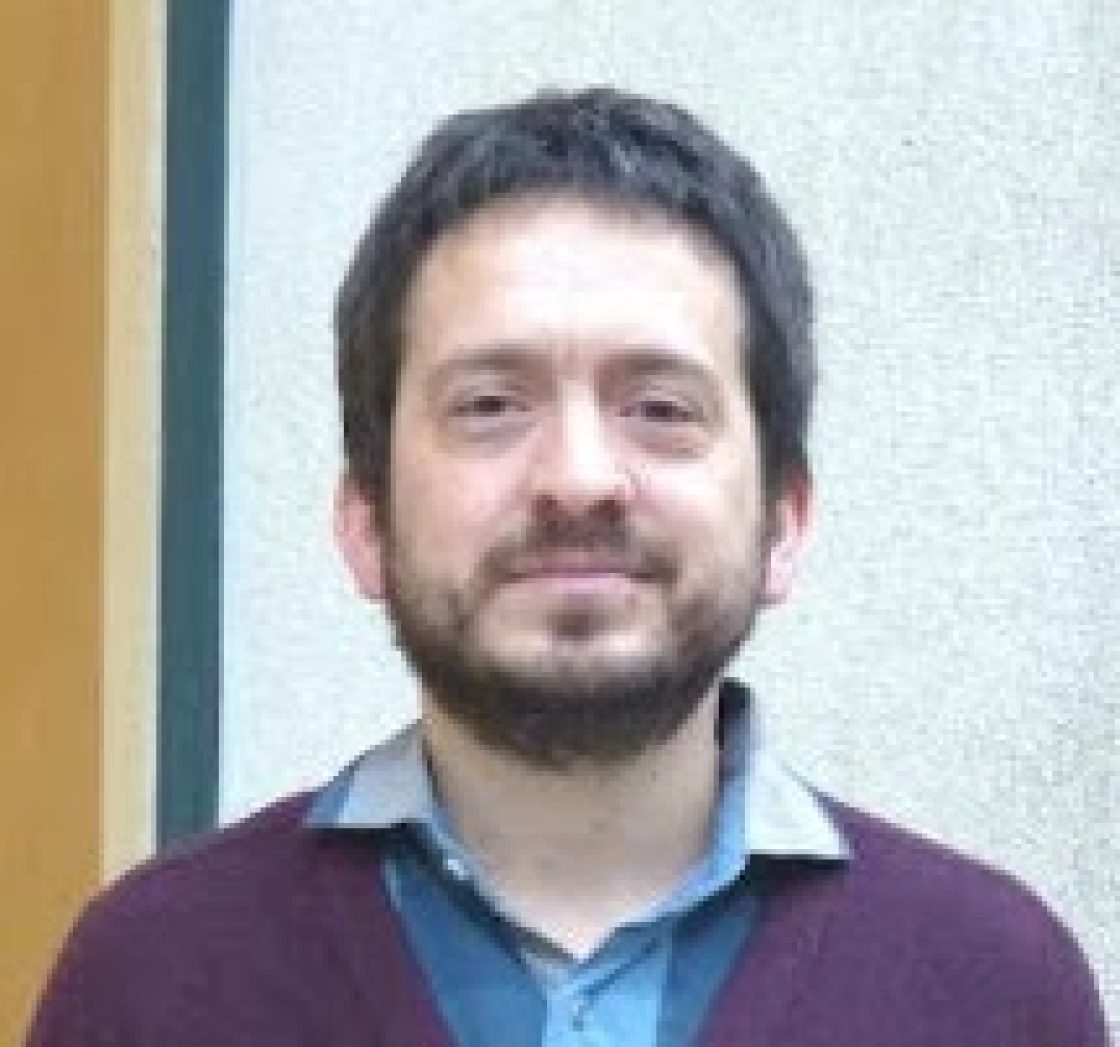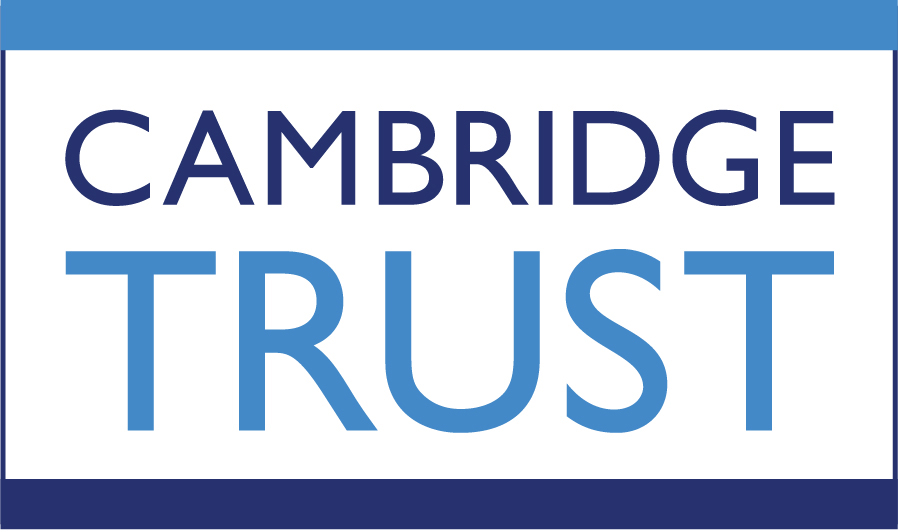(NEEDS NEW IMAGE) A thriving career in Argentinian academia begins at the University of Cambridge

Juan Pablo Scarfi graduated from the University of Cambridge with a PhD from the Centre of Latin American Studies.
Before starting his PhD, Juan Pablo received a BA in Political Science at Universidad Torcuato Di Tella in his home country of Argentina, where he also completed an MA in History.
For his MA thesis, he focused on twentieth century inter-American intellectual and international history. A later edition, inspired by that research, was published as a book by Fondo de Cultura Económica under the title of El imperio de la ley: los imaginarios legales del imperio americano en las Américas (Law's Empire: The legal imaginings of the American Empire in the Americas).
Juan’s varied educational and professional career has included a teaching assistant post at Di Tella (focusing on Modern Political Thought) and giving courses on Modern and Contemporary Political Thought and Empires and Globalisation at the Centro Cultural Ricardo Rojas at the Universidad de Buenos Aires, Argentina.
He was awarded a three-year research fellowship (2004-07) as part of an inter-disciplinary collective research project on ‘Local Contexts and International Networks in the Making of Modern Knowledge’. The results of this research were published in an edited volume titled The Locations of Knowledge: Local Contexts and Transnational Networks in the Formation of Modern Knowledge.
During his time at the University of Cambridge, Juan Pablo was active in undertaking fieldwork, organising and coordinating conferences, symposiums and panels. It was also here that he first started publishing his research.
In 2011, he was a Visiting Scholar at Columbia University, New York where he conducted archival fieldwork and also presented his current research. In June 2011, he co-organised both a symposium at the Centre of Latin American Studies in Cambridge on US-Latin American relations and the Postgraduates in Latin American Studies Annual Conference.
In addition to presenting his research in various national and international conferences, Juan Pablo was also active in supervising undergraduate students on the History of Political Thought since 1890 and Modern Politics.
Cambridge is a highly stimulating place for those who are passionate about research and writing, for it holds a great central library and a series of specialised departmental and college libraries and offers an engaging environment to conduct inter-disciplinary research.
Back home in Buenos Aires, Juan Pablo took courses on creative writing, and has a great passion for literary writing, especially poetry.
Since leaving Cambridge, his work has been widely published. He is the author of The Hidden History of International Law in the Americas: Empire and Legal Networks (Oxford University Press, 2017), El imperio de la ley: James Brown Scott y la construcción de un orden jurídico interamericano
(Fondo de Cultura Económica, 2014), and co-editor of The New Pan-Americanism and the Structuring of Inter-American Relations (Routledge, 2022) and Cooperation and Hegemony in US-Latin American Relations: Revisiting the Western Hemisphere Idea (Palgrave Macmillan, 2016).
Juan Pablo has also been a regular contributor to various podcasts and publications as an interviewee discussing Latin American legal history, globalisation and human rights.
He is currently an Assistant Professor in International Relations at the Catholic University of Chile.
“Cambridge is a highly stimulating place for those who are passionate about research and writing, for it holds a great central library and a series of specialised departmental and college libraries and offers an engaging environment to conduct inter-disciplinary research,” says Juan Pablo.
“In my own experience, I was able to take training courses and benefit from interactions with scholars, lecturers and postgraduate students working in different disciplines, ranging from history, international studies and politics to law, urban history, architecture, cultural studies and modern languages.”
